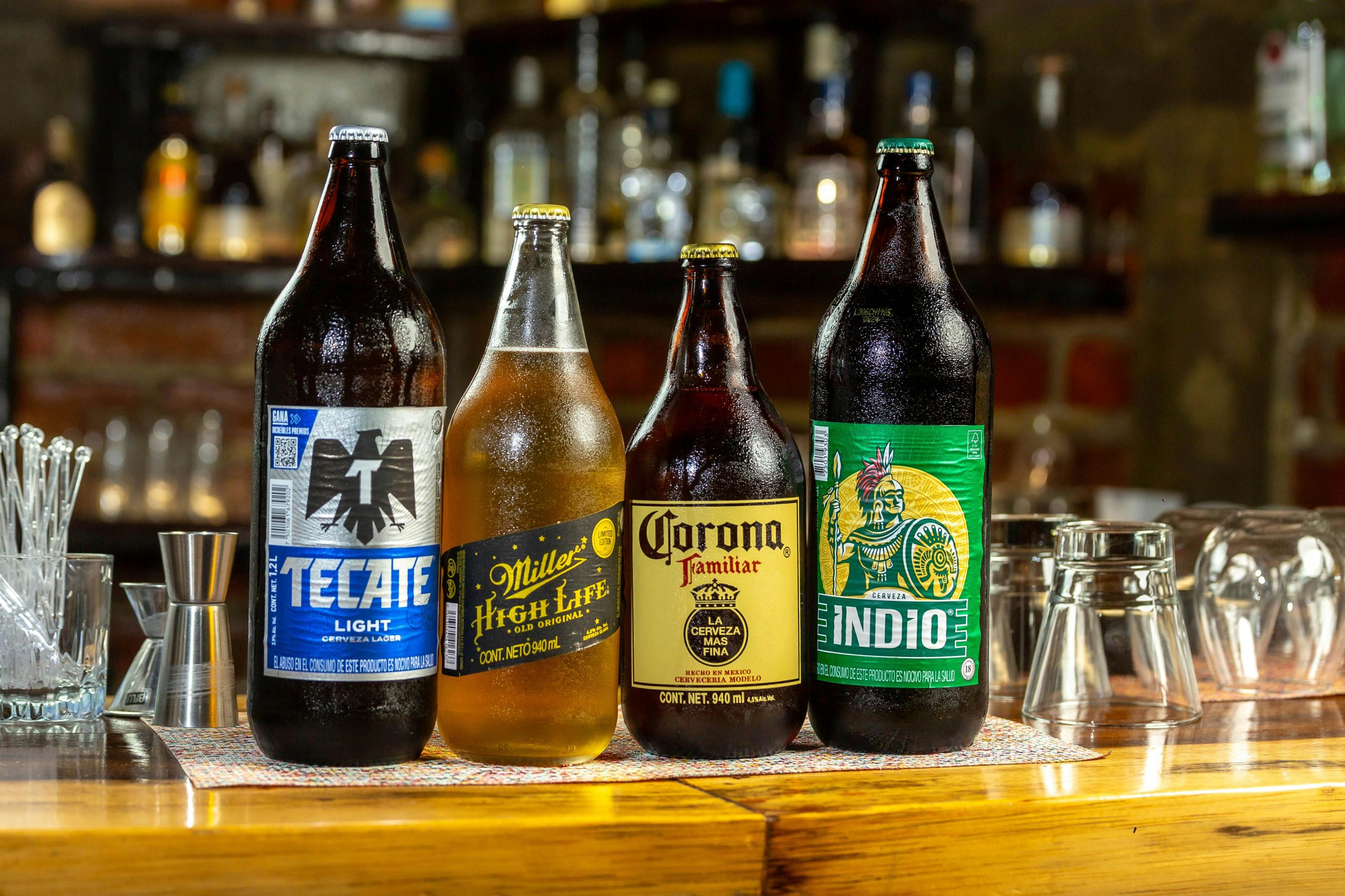Your cart is currently empty!

Steven Coulson
Steven has been drinking beers, wines and spirits for decades and has a propensity to go about them at length after a few drinks.
Latest Posts
- Dissecting The Beer Menu – An Irish Pub & Layered Brews

- Has anyone else noticed that every “limited release” somehow stays on shelves for months?

- Dissecting The Beer Menu – An Irish Pub & Layered Brews

- Headed to Asheville – looking for top breweries to get German style in cans / bottles

- Does anyone else feel guilty drinking beer alone because it’s supposed to be a social experience?

Categories
Tags
Social Links

The Illusion of Limited Brews: Are Breweries Overusing the ‘Limited Release’ Label?
In recent discussions among craft beer enthusiasts, a recurring theme has emerged: the skepticism surrounding “limited release” beers. If you’ve ever strolled through your local bottle shop and noticed bottles of “exclusive” brews lingering on the shelves for months, you’re not alone.
Just yesterday, I visited my favorite bottle shop and came across a barrel-aged stout touted as “extremely limited.” This brew, which the shelf talker claimed had only 500 cases produced, has been collecting dust since October. Despite the hefty price tag of $25, it seems there’s been little interest in the stout, which, frankly, tastes like many other bourbon barrel-aged offerings out there.
In the past, iconic releases like KBS (Kentucky Breakfast Stout) and BCBS (Bourbon County Brand Stout) would cause fervor among fans, often leading dedicated enthusiasts to camp overnight for a chance to secure a few bottles. Fast forward to today, and it’s strikingly easy to find vintage bottles of BCBS gathering dust on shelves—accessible as if they were ordinary lagers, like a case of High Life.
The landscape of craft beer has dramatically shifted, with many breweries overproducing what they label as “limited” offerings. As a result, countless bottles remain unsold well past their “enjoy by” dates, leaving consumers questioning the authenticity of this so-called scarcity.
What’s even more disheartening is the trend where breweries continue to market these abundant brews as exclusive treasures, all while maintaining premium pricing. It’s a confusing and frustrating situation for fans who desire genuine rarities but are met with an array of products that feel anything but special.
As consumers, we deserve transparency from the breweries we support. It’s time for producers to either commit to real exclusivity for their limited releases—that is, making them genuinely hard to find—or to stop perpetuating the illusion of scarcity surrounding their latest contact-brewed barrel-aged creations. After all, it’s exhausting to navigate a market where “limited edition” feels more like a marketing ploy rather than an invitation to savor something truly unique.
